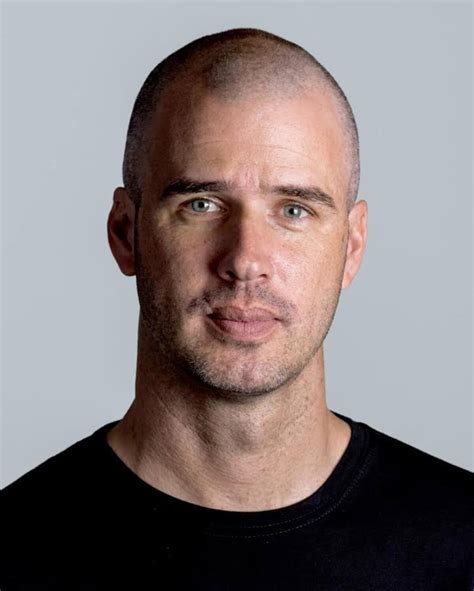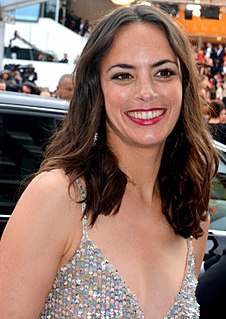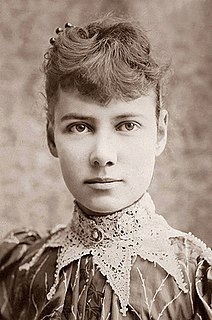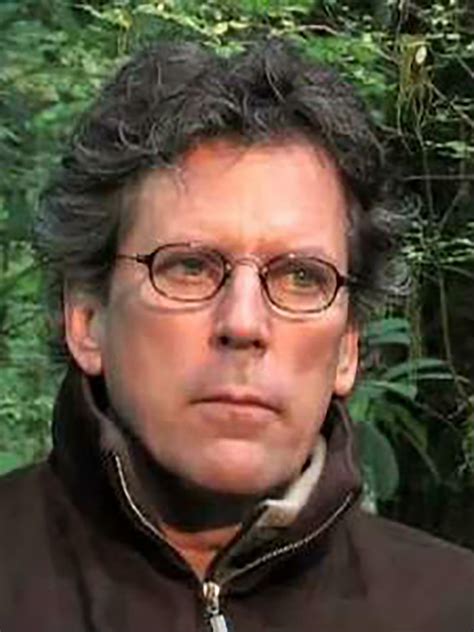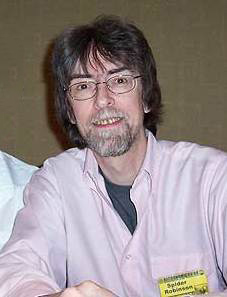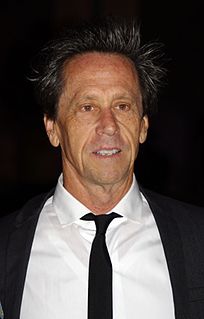A Quote by Kate Morton
Will history remember us, I wonder? I do hope so - to imagine that one might do something, touch an event somehow, & thereby transcend the bounds of a single human lifetime!
Related Quotes
Perhaps you have to have a little bit of hope to believe that beauty can be found, to believe that life does come back, that something can surprise you. And maybe hope and wonder are somehow related. Maybe wonder feeds hope and hope feeds wonder. You see something beautiful and it reminds you that it's possible to see something beautiful.
The arts and humanities define who we are as a people. That is their power -- to remind us of what we each have to offer, and what we all have in common. To help us understand our history and imagine our future. To give us hope in the moments of struggle and to bring us together when nothing else will.
If you interview five people about the same incident, and you see five different points of view, it makes you know what makes history so complicated. Something doesn't just occur. It's not like a scientific event. It's a human event. So the dimensions of it will be seen differently by different people.
If Mother Culture were to give an account of human history using these terms, it would go something like this: ' The Leavers were chapter one of human history -- a long and uneventful chapter. Their chapter of human history ended about ten thousand years ago with the birth of agriculture in the Near East. This event marked the beginning of chapter two, the chapter of the Takers. It's true there are still Leavers living in the world, but these are anachronisms, fossils -- people living in the past, people who just don't realize that their chapter of human history is over. '
Wonder is like grace, in that it's not a condition we grasp; it grasps us. Wonder is not an obligatory element in the search for truth. We can seek truth without wonder's assistance. But seek is all we'll do; there will be no finding. Unless wonder descends, unlocks us ... truth is unable to enter. Wonder may be the aura of truth, the halo of it. Or something even closer. Wonder may be the caress of truth, touching our very skin.
This is what it is to be human: to see the essential existential futility of all action, all striving -- and to act, to strive. This is what it is to be human: to reach forever beyond your grasp. This is what it is to be human: to live forever or die trying. This is what it is to be human: to perpetually ask the unanswerable questions, in the hope that the asking of them will somehow hasten the day when they will be answered. This is what it is to be human: to strive in the face of the certainty of failure. This is what it is to be human: to persist.
If you're deeply engaged in an event, you're part of it. But if you're outside of it, disinterested, you are the regard that registers history. And that disinterestedness is different from objectivity. The objective view sees only the event, while the disinterested one participates as well as views by creating that link to history. It's a type of viewing that's both inside and out of the event, that brings to the viewing the capacity for human emotion, for compassion, but holds it openly. And objectivity excludes the human element, and is therefore not a point of view open to humans.
Everything that civilisation has to offer is a product of human intelligence; we cannot predict what we might achieve when this intelligence is magnified by the tools that AI may provide, but the eradication of war, disease, and poverty would be high on anyone's list. Success in creating AI would be the biggest event in human history. Unfortunately, it might also be the last.

